Policy Advocacy Activities
Kâr amacı gütmeyen, bir sivil toplum kuruluşu olarak Avrupa Özgür
Yazılım Vakfı, Özgür Yazılım ve Açık Standartlara ilişkin genel bir
kavrayış ve destek oluşturmak için çalışıyor. Aşağıdaki faaliyetler
toplum bilinci, politika savunuculuğu ve hukuki destek alanlarında
üstlendiğimiz somut eylemlerdir.
FSFE, 2001 yılında kurulduğundan beri, Özgür Yazılımı Avrupa ve ötesinde
ilerletmek için her gün çalışıyor.
Çalışmamızın üç direğine dayanan somut
faaliyetlerimizle kullanıcı haklarını korumaya ve genişletmeye odaklandık.
Bazı eylemlerimiz yıllar boyunca sürerken, bazıları daha kısa dönem
gelişmelere odaklanıyor, ancak hepsi misyonumuzun bir parçası:
kullanıcıları teknolojiyi denetlemek üzere güçlendirmek.
Çalışmamızın diğer önemli bir parçasını sürekli uğraş ve arka plan
çalışması oluşturuyor. Her yıl
düzinelerce konferansta yer alıyoruz,
muhteşem bir topluluğu
destekliyor ve sürdürüyoruz ve yararlı kaynaklar sağlıyoruz. Üstelik,
yazılım özgürlüğü, Açık Standartlar, ve kullanıcı haklarına ilişkin tüm
soruların ve araştırmaların öne çıkan bir irtibat noktasıyız. Ayrıca Özgür
Yazılım hukuki ve lisans konularıyla ilgili
temel eğitim kaynakları
sunuyoruz.
Özgür Yazılımı güçlendirmek için politik değişime ihtiyacımız var. Buna
nasıl ulaşacağımız hakkında
daha fazlasını öğrenin.
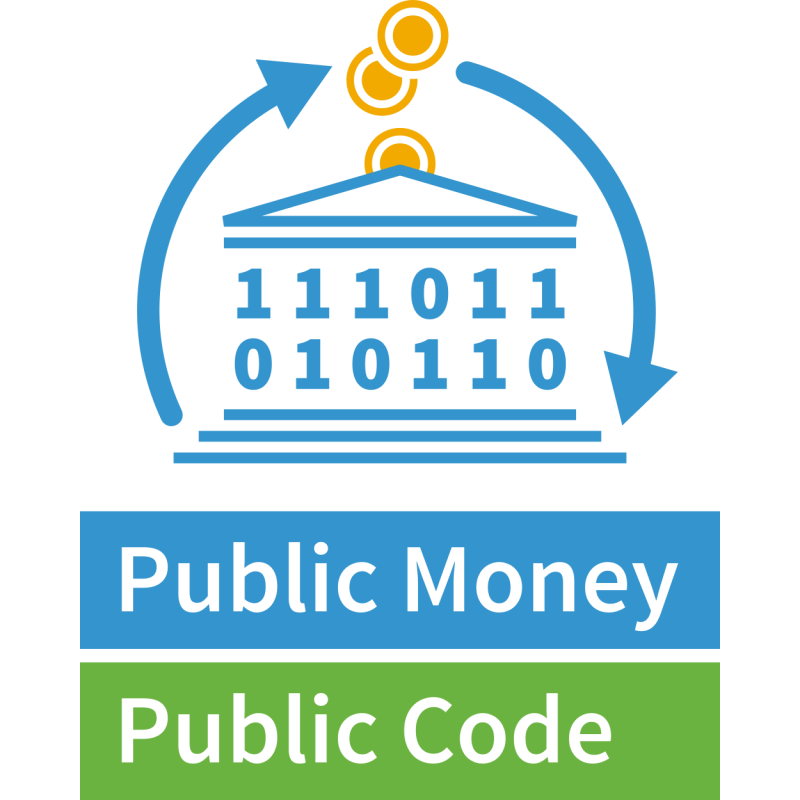
Why is software created using taxpayers' money not released as Free Software? We want legislation requiring that publicly financed software developed for the public sector be made publicly available under a Free and Open Source Software licence. If it is public money, it should be public code as well. Code paid by the people should be available to the people!
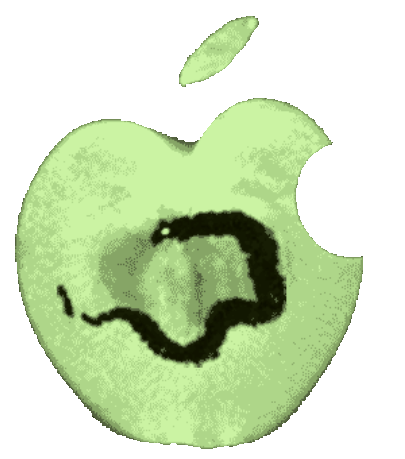
The FSFE is intervening to safeguard Free Software in a key court case involving Apple and the European Commission.
Apple is trying to avoid obligations derived from the Digital Markets Act (DMA).
The FSFE seeks to hold Apple accountable under the DMA in a developer-friendly way.
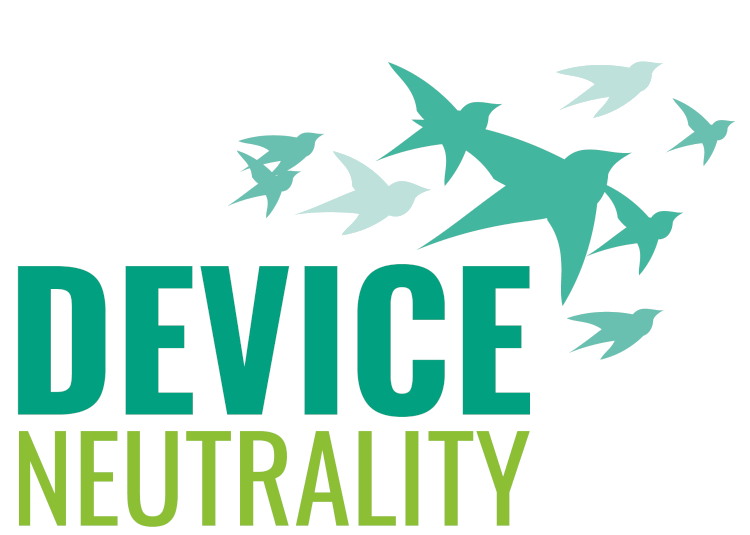
Although digital devices are ubiquitous today, the number of devices on which users cannot run Free Software is exponentially increasing. The consequence is an increased loss of control over users’ technology. Device Neutrality aims to enable end-users to bypass gatekeepers to have a non-discriminatory use of Free Software on their devices.
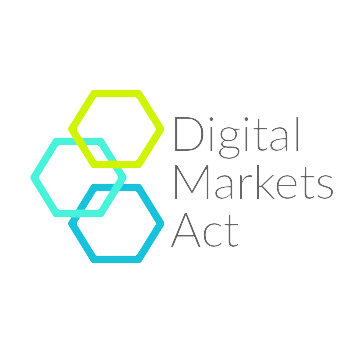
Device Neutrality is the policy concept to regulate monopoly over
devices and re-establish end-user control over their digital equipment.
The Digital Markets Act (DMA) regulates the economic activity of large
digital platforms and introduces Device Neutrality in the EU
legislation, fostering access to Free Sofware in Devices.
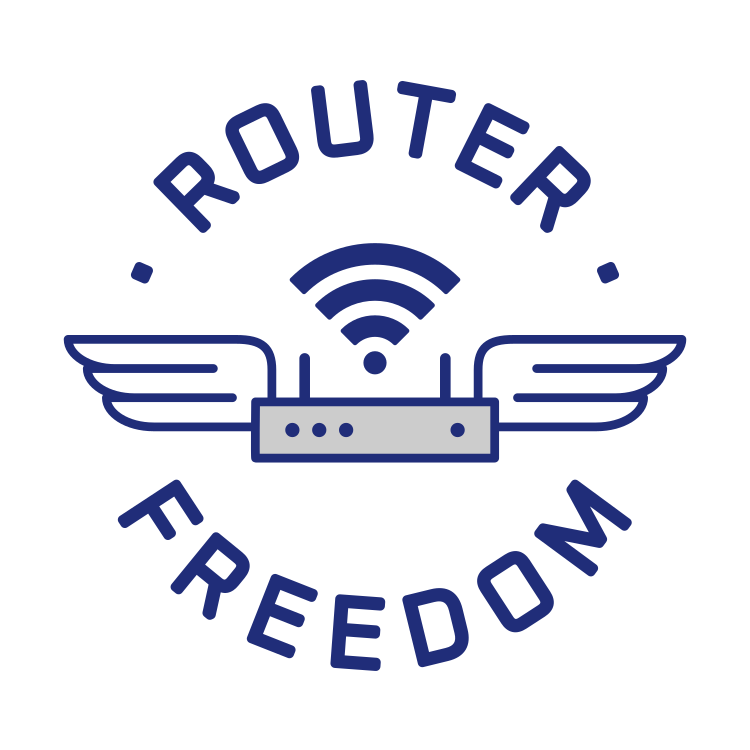
Although we should be free to choose the technical devices we use in our private lives, some European Internet Service Providers are dictating which device their customers have to use to connect to the Internet, or discriminating against owners of alternative devices. This undermines our basic freedom of choice.
Daha Fazla Politika Faaliyeti
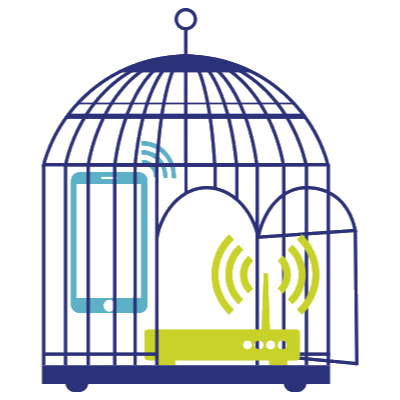
An EU regulation may make it impossible to install a custom piece of
software on most radio devices like WiFi routers, smartphones, and
embedded devices. It requires hardware manufacturers to implement a
barrier that disallows users to install any software which has not been
certified by them.

What could be a better time to ask politicians about their stance on Free
Software and Open Standards than the run-up to an election? We believe we
can and should raise these issues in all elections, European, national,
regional and local. Depending on the electoral system and culture, we use
different strategies and tools.
We are working towards a world where software does what software
users want it to do. For this, software users must be able to
participate in the development and distribution of the software.
Software patents block this goal by adding legal and financial
risks to software development and distribution and by giving the
patent holders legal power to completely prohibit software
developers from using the patented ideas.
The PDFreaders initiative aims to shine a spotlight on government
organisations that promote proprietary PDF readers. With the help of
activists across Europe, we have contacted these organisations and told
them how they can improve their websites to respect our freedom. On
pdfreaders.org
we present Free Software PDF readers for all major operating systems.
In 2001 the European Union started investigating Microsoft's dominant
position in the market for desktop operating systems. The FSFE represented
the interests of Free Software developer as a public interest organisation
who cannot be bought off. Thanks to the excellent work by all involved
parties, the case was won in all rulings up to the European Court of
Justice in 2012.
This activity was specifically targeted at the Dutch education sector, with
the aim of enabling citizens to have free access to education and public
institutions, both online and offline. By promoting the mandatory use of
Open Standards and platform-independent access to all materials, students
and parents will be able fulfil their potential for personal growth and
development without being dependent on a company.
The Internet Governance Forum (IGF) is a global policy discussion forum of
the United Nations, established as an outcome of the UN World Summit on
the Information Society (WSIS). FSFE followed the IGF to ensure that
policy discussions will not endanger digital freedom in general and Free
Software in particular.
Since the beginning of the standardisation process for Microsoft's Office
Open XML - OOXML (hereafter MS-OOXML), the FSFE has raised serious doubts
about whether MS-OOXML can be considered open. FSFE was the first to raise
the issue in the community, led the movement against the standardisation
of MS-OOXML, and has been closely following developments over the years.
A second Intellectual Property Rights Enforcement Directive was proposed
by the European Commission. It aims to criminalise all "intentional,
commercial-scale" infringements and allow rights holders to participate in
investigations. The FSFE pointed out to the EU institutions how such laws
encourage abuse of the legal system and have a chilling effect on
law-abiding activities.
The World Intellectual Property Organization (WIPO), one of the 16 specialised
agencies of the UN system, administers 23 international treaties dealing with
various aspects of limited monopolies on knowledge. As an observer to WIPO, and
together with a global coalition of other actors, the FSFE worked to transform
WIPO into a "World Intellectual Wealth Organisation".
The World Summit on the Information Society (WSIS) was a two-summit UN conference
organised by the ITU to propose important cornerstones for the information and
knowledge society. The FSFE participated with other civil societies to ensure
that the principles of the digital age would protect digital freedom, knowledge
sharing, access to information and Free Software.
The goal was to have Free Software classified by UNESCO as an Intangible
World Heritage and registered in the World Memory Register (another UNESCO
project). The Free Software community and UNESCO share the same values of
freedom, equality and fraternity. Such recognition would be a great boost
for Free Software.
The European Copyright Directive (EUCD) was the European equivalent of the
US Digital Millennium Copyright Act (DMCA). These laws lead to the
creation of monopolies and cartels, and pose serious obstacles to freedom
of speech and the press by providing means for digital censorship. The
FSFE has been actively involved in opposing such harmful legislation.






